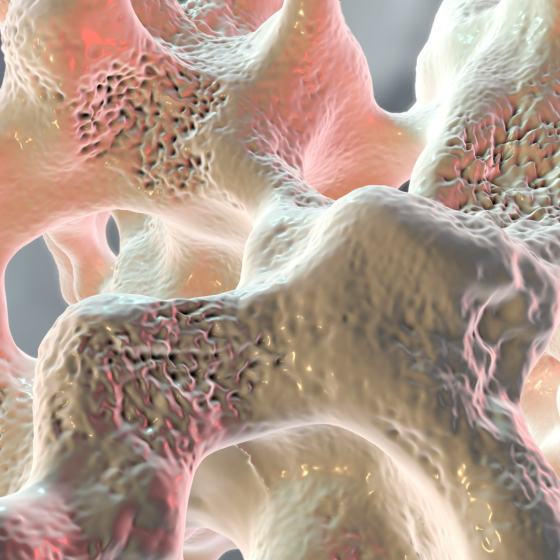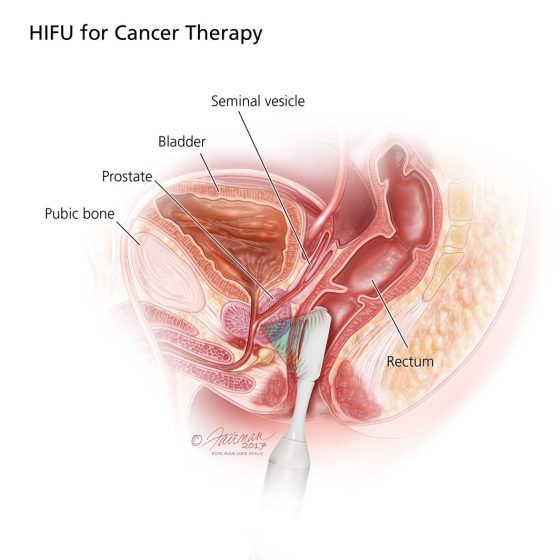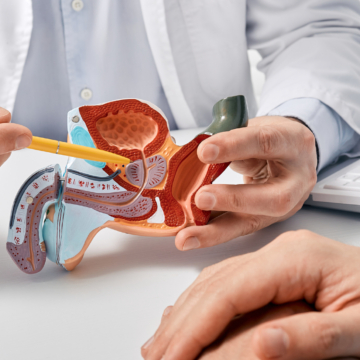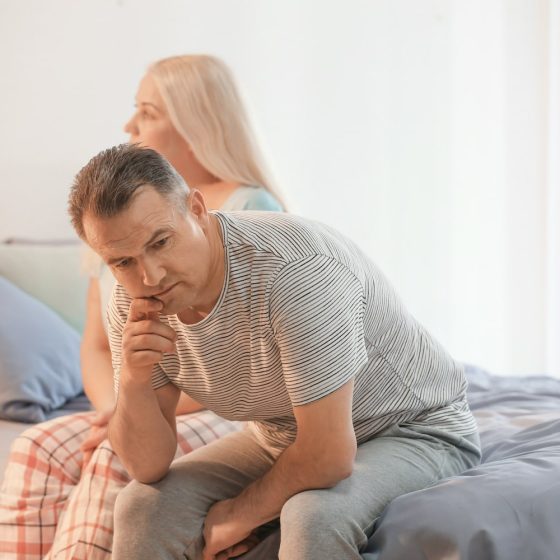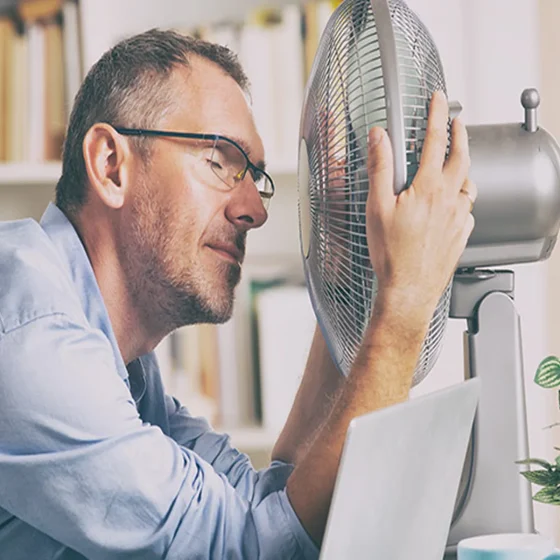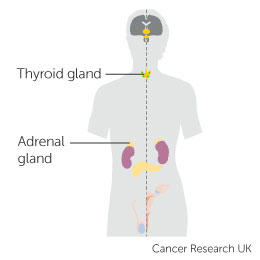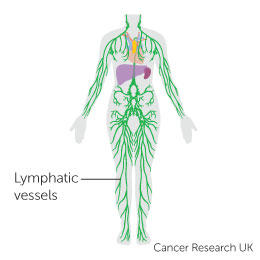Sex hormones, heart problems and diabetes in women
Some cancer treatments lower the amount of sex hormones in the body. The main female sex hormones are oestrogen and progesterone. Low levels of these hormones may increase your risk of heart problems and diabetes. Hormone therapy and the risk of heart problems There is some evidence to suggest that aromatase inhibitors may increase the risk of heart problems. Aromatase inhibitors are a type of hormone therapy used to treat breast cancer. The group of aromatase inhibitors includes: anastrozole (Arimidex) exemestane (Aromasin) letrozole (Femara) Research into hormone therapies and heart problems Evidence shows that before the natural menopause, oestrogen



